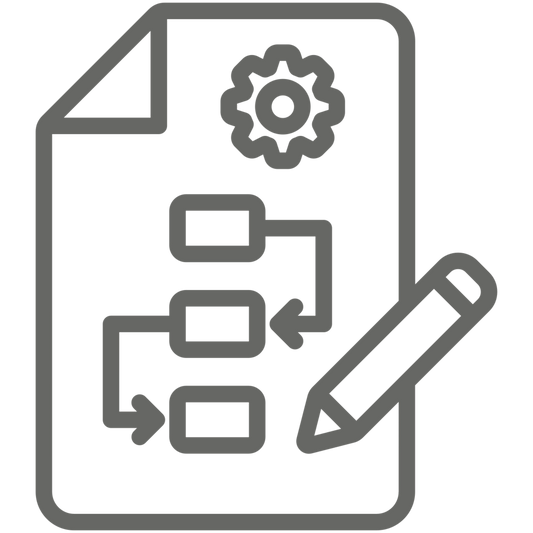Is the agile and project focused approach employers are taking to hiring and retaining talent changing the way we should be developing our careers. Is it sustainable?

Tenure used to be one of the highest prerequisites towards determining if a candidate would even make it to the job candidate long list. It also provided more opportunity to train on the job.
“Great skills, yes. But look they simply haven’t had good tenure – they’ll just move on after we’ve trained them.”
Has the agile and project orientated employee’s time come?
Has the long tenured employee doing the same job for years on end with little resilience and an inability to embrace change become irrelevant – or even high risk to not only their employer but also to their own career?
We’re seeing an increasing frequency of change and a shift in the requirements for employee skills to include an ability to cope in an ‘agile’ environment.
It’s common now for roles to be disestablished and for employees to change their role using transferrable skills within the same organisation. The ability to embrace change is paramount.
Employees are changing employers more frequently – and for many reasons. It can be for career advancement. Or it could be forced upon them because their strengths are simply no longer aligned with the direction their existing employer needs to move in.
Examples of that in New Zealand, Australia and around the world are Vodafone, Spark, Fonterra, any of the banks, TVNZ, pharmaceuticals, the list goes on. These companies have to change the way they operate to remain competitive and survive. And it can be extremely unpleasant for all sides!

It’s an interesting shift – and a bit like fashion. One day you’re in. The next day you’re out!
Employers in the past wanted employees to demonstrate good tenure, to stay, be loyal. And when applying for a new role to have at least 5 years with the previous company, and relevant skills coupled with an ability to quickly learn.
But are hiring decisions now more about completion of projects, get in and get out, and rapidly evolving skill set requirements to meet changing market requirements. Businesses see the need to be more nimble and ‘change ready’ – taking an ‘agile’ approach to resourcing and an ability to react quickly to market dynamics.
Is the hiring decision different?
Going forward will the majority of new hires be those candidates whose success profile is a combination of:
- skills
- resilience
- project oriented completion
- relevant rungs on the ladder (experience)
- an ability to embrace change – not run from it
- tenure of 5 years or more, not so much
Where is the training done?
Will we cannibalise talent development along the way?
If 5 years or more in the same company and simply ‘sticking it out’ no longer cuts it, and training on the job is just too expensive for employers to invest in – is there a risk that talent development will be cast aside and work against having a sustainable talent pool.

Employers are regularly crying out that there’s a skill shortage. And a number of consultants have written about the subject of ‘the war for talent’. But if employers are on the march towards an agile and project orientated HR model then are they having to rob from Peter to pay Paul? And with only wanting to hire people who ‘hit the ground running’ and no time to train, will training on the job be relegated to the past? So who’s going to provide the complex skills employers are crying out for?
Is the agile, project orientated approach employers are taking to resourcing creating the skills shortage and feeding the war for talent that employers themselves are struggling with?
It begs the question – Is the agile and project oriented career sustainable both for employers and employees?
This article in the NZ Herald presents an opinion on the subject of project based careers and employment opportunity: Click here
-
What has been your experience?
-
Are you seeing more project and/or short term based hiring decisions?
-
Is it a good thing or a bad thing?
-
Do you think it’s sustainable?






